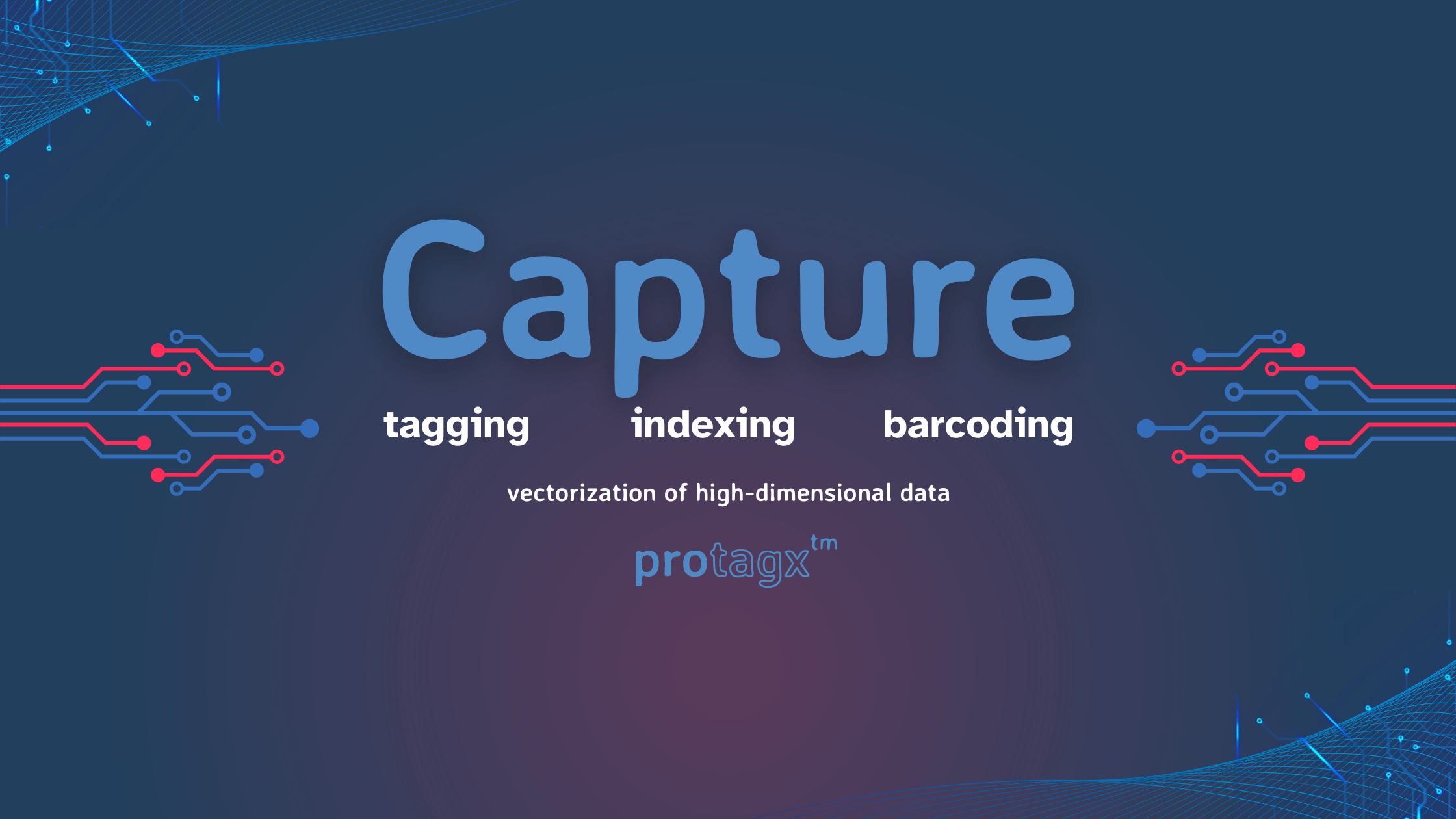In the ever-changing world of healthcare and clinical research, patient-centered approaches have become increasingly important. A key aspect of this shift is the growing recognition of the value of real-world evidence (RWE) and patient-reported outcomes (PROs). This article delves into the interconnectedness of PROs and RWE and highlights the importance of transparent solutions for protecting a patient's data sovereignty. Can this revolutionize our understanding of the real-world impact of treatments?
Patient-Reported Outcomes and Real-World Evidence: A Dynamic Duo
Real-world evidence provides a holistic view of the effectiveness and potential side effects of treatments in diverse patient populations outside of controlled clinical trial settings (1). At the heart of real-world evidence are patient-reported outcomes, which provide insight into a patient's health status and the impact of treatments on their quality of life, daily activities, and symptoms (2).
However, while RWE sources such as electronic health records (EHRs) and insurance claims are abundant, direct patient feedback, particularly in the form of PROs, is often lacking. This gap highlights the need for more patient-centered drug development and evidence generation (3).
The Imperative of Data Sovereignty
Data sovereignty, the concept that digital data should be governed by the laws of the country in which it is collected, is critical for several reasons:
- Data Integrity: By prioritizing data integrity, healthcare organizations and research institutions can ensure that the insights derived from PROs and RWE are reliable and trustworthy. This not only enhances the credibility of the findings but also instills confidence in patients and healthcare providers alike. Ultimately, maintaining data integrity is a fundamental aspect of advancing patient-centered approaches and revolutionizing the understanding of real-world impact on treatments.
- Data Privacy: Data protection is a paramount concern in the healthcare industry, particularly when it comes to sensitive patient information. Adhering to local data protection regulations is not only a legal requirement but also essential for maintaining patient trust and ensuring the integrity of healthcare data.
Furthermore, protecting sensitive patient information goes hand in hand with building patient trust. Patients need to feel confident that their personal and medical data is being handled with the utmost care and confidentiality. By demonstrating a commitment to data protection and following strict protocols, healthcare organizations can establish a strong foundation of trust with their patients.
- Regulatory Compliance: Ensuring regulatory compliance is a critical aspect of data sovereignty in the healthcare industry. Meeting the data storage, transfer, and usage standards set by different countries is essential for maintaining the integrity and security of patient data. Adhering to these standards not only ensures that healthcare organizations and research institutions are operating within the legal framework but also enhances patient trust and confidence in the handling of their sensitive information. By prioritizing regulatory compliance, platforms like protagx demonstrate their commitment to protecting patient data and contributing to the advancement of patient-centered approaches in healthcare.
- Enhanced Patient Trust: Transparency is another key factor in building patient trust. Patients should be informed about how their data will be used and who will have access to it. Clear communication about data collection, storage, and usage practices can go a long way in reassuring patients that their information will be handled responsibly.
Furthermore, healthcare organizations should comply with local data protection regulations to ensure legal compliance. By following these standards, they demonstrate their commitment to protecting patient data and respecting their rights. This not only helps to maintain the integrity and security of patient information but also enhances patient trust and confidence in the healthcare system (4).
Approaches such as protagx play a pivotal role in instilling patient confidence in the security of their data. By prioritizing data sovereignty and adhering to local regulations, these platforms offer patients the assurance that their information will be treated securely and in accordance with the law. This commitment to data protection not only contributes to the advancement of patient-centered approaches in healthcare but also leads to a transformative understanding and utilization of patient data. In conclusion, establishing trust in the healthcare industry requires building patient confidence in the security and responsible handling of their data. By prioritizing data protection, transparency, and regulatory compliance, healthcare organizations and platforms like protagx can enhance patient trust and revolutionize the way patient data is utilized and valued.
protagx - Bridging the Gap
A distinguishing feature of protagx is its unwavering commitment to maintaining the integrity and privacy of data. The platform incorporates robust encryption protocols and stringent data protection measures to guarantee the security and confidentiality of patient information. By upholding the highest standards of data security, protagx inspires trust and confidence among patients, healthcare providers, and research institutions alike.
Moreover, protagx acknowledges the significance of data sovereignty in the current global healthcare landscape. The platform guarantees that patient data is governed by the laws and regulations of the country where it is collected. This not only ensures adherence to local data protection regulations but also enhances the trustworthiness and dependability of the insights obtained from PROs.
In addition, protagx plays a critical role in advancing patient-centered approaches in healthcare. By offering a transparent and patient-focused platform, protagx establishes trust among patients, assuring them that their data is handled responsibly and in accordance with their rights. This trust not only nurtures a strong patient-provider relationship but also facilitates the development of more personalized and effective healthcare interventions.
Precision Medicine: The Bigger Picture
Precision medicine has the potential to revolutionize healthcare by tailoring treatments to individual patients based on their unique genetic, environmental, and lifestyle factors. This approach allows healthcare providers to develop personalized treatment strategies that are not only more effective but also have fewer side effects. However, to fully leverage the power of precision medicine, it is crucial to have robust patient-reported outcomes (PROs) and real-world evidence (RWE). These sources of information play a vital role in understanding the impact of treatments on patients and informing personalized healthcare decisions.
Patient-reported outcomes (PROs) offer valuable insights into how patients perceive their health status and the impact of treatments on their daily lives. They capture information that may not be obtained in traditional clinical trial settings, including a patient's quality of life, symptoms, and overall well-being. On the other hand, real-world evidence (RWE) provides a comprehensive perspective on treatment effectiveness and potential side effects in diverse patient populations outside of controlled clinical trials.
By combining PROs and RWE, healthcare providers can develop a more comprehensive understanding of how treatments affect different patients in real-life settings. This valuable knowledge enables them to personalize treatment strategies that consider individual variations and preferences. For instance, if PROs and RWE indicate that a specific treatment is more effective for a particular group of patients, healthcare providers can adjust their approach accordingly, leading to improved patient outcomes.
In order to fully unlock the potential of precision medicine, it is imperative to prioritize both data sovereignty and patient feedback. Data sovereignty guarantees that patient data is governed by the laws and regulations of the country where it is collected. This not only ensures compliance with local data protection regulations but also enhances the credibility and reliability of the insights derived from patient-reported outcomes (PROs) and real-world evidence (RWE).
Conclusion
Patient-reported outcomes (PROs) and real-world evidence (RWE) play a pivotal role in revolutionizing healthcare and making it more patient-centric. By giving priority to data sovereignty, we can enhance the reliability of this valuable information, leading to better-informed healthcare decisions. Platforms like Protagx are at the forefront of this transformative movement, bridging the gap between patients and healthcare providers and paving the way for a personalized approach to medicine. Precision medicine holds immense promise in tailoring treatments to individual patients, and by combining robust PROs and RWE, healthcare providers can gain insightful and valuable information about the real-world impact of treatments on diverse patient populations. To fully unlock the potential of precision medicine, it is crucial to prioritize data sovereignty and patient feedback. Companies like Protagx are leading the charge in advancing the field of precision medicine and driving improvements in patient outcomes.
References
- Calvert, M., O’Connor, D. & Basch, E. Harnessing the patient voice in real-world evidence: the essential role of patient-reported outcomes. Nature Reviews Drug Discovery vols. 731–732 https://doi.org/10.1038/d41573-019-00088-7 (2019).
- Krishnankutty, B., Bellary, S., Kumar, B. N. & Moodahadu, L. S. Data management in clinical research: An overview. Indian Journal of Pharmacology vol. 168 https://doi.org/10.4103/0253-7613.93842 (2012).
- Decentralized Clinical Trials Program | Medidata Solutions. Medidata Solutions https://www.medidata.com/en/clinical-trial-solutions/virtual-clinical-trials/ (2023).
- Marker, A. Clinical Trial Data Management and Professionals. Smartsheet https://www.smartsheet.com/content/clinical-trial-data-management-guide.
- NIH - What is precision medicine? MedlinePlus: Genetics. https://ghr.nlm.nih.gov/primer/precisionmedicine/definition.
---




